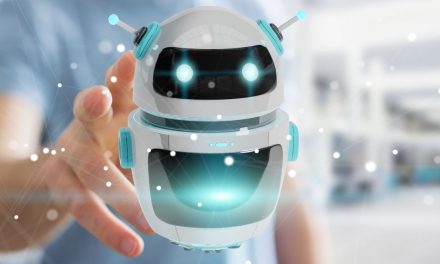By Steve Moran
If there were ever a reason for senior living (and health care) to embrace AI, this is it.
A recent study demonstrated that OpenAI (ChatGPT) was better at diagnosing human diseases than real-life physicians … even when those physicians had access to AI.
The Study
In a study done by UVA Health, 50 physicians in family, internal, and emergency medicine were given a series of complex medical cases and asked to render a diagnosis.
Half of the physicians were told to give their diagnosis using conventional methods: their specialized knowledge, medical reference sites, and Google.
The other half were told they could use all of the conventional methods plus ChatGPT. Here is how it worked out:
- Those using their knowledge and conventional methods got the diagnosis right for 73.7% of the cases.
- Those also using AI got it right for 76.3% of the cases.
- When cases were fed directly into ChatGPT, meaning no human intervention, the machine got it right 92% of the time.
While this does not suggest that AI should replace humans in real life, it speaks to how AI can play an important role.
We’re Not There Yet
I have this dream of having every data source in a senior living community connected to AI, and the machine would be trained to identify early changes in conditions that would be impossible or nearly impossible for humans to see.
This would:
- Provide residents the very highest quality living experience
- Prevent hospitalizations
- Reduce lawsuits
- Reduce falls
- Provide better data to family members
- Increase length of stay
It is only a matter of time until your EMR systems have this in place, and it will make life better for everyone. It is obvious that results still need a human eye, because AI is not perfect and in fact can sometimes go rogue. But it simply makes humans better at being human.
Question for leaders: How are you preparing for the AI revolution?
Share your thoughts below. 👇









You are. of course, correct, Steve. The promise of AI and VR combined is to offer an infinitely patient, infinitely knowledgeable and infinitely customizable companion and interface, which will know exactly when to summon intervention (from a real human!)
We aren’t there yet – but soon!
We are getting there… I think. Thouogh… what I have not found what I consider to be a super compelling case for VR. Maybe you can educate me.